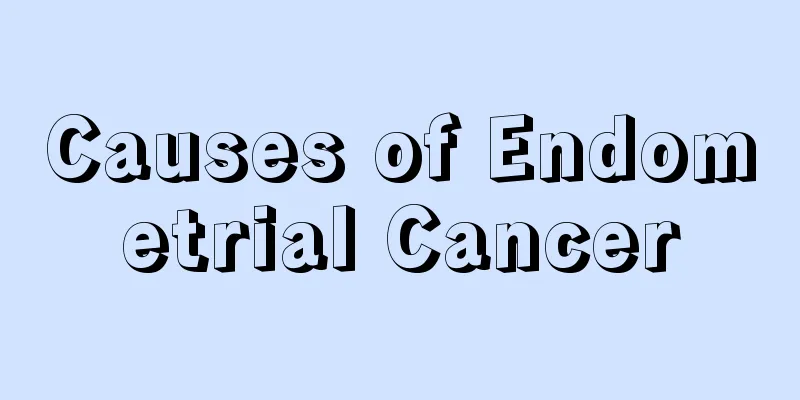How to care for patients after pituitary tumor surgery

|
The harm caused by pituitary tumors is very terrible. Although this disease generally does not directly endanger life, the complications it brings are very serious and have a great impact on the patient's body and life. For this disease, everyone needs to have a positive attitude, cooperate with the doctor's treatment, and build confidence in defeating the disease. So, how to care for patients after pituitary tumor surgery? Precautions for postoperative care of patients with pituitary tumors: In the early postoperative period when gastrointestinal function has not fully recovered, try to eat less milk and sugary foods to prevent excessive gas production after digestion, which may cause intestinal bloating. After waking up from anesthesia and with stable blood pressure, raise the head of the bed 15 to 30 degrees to facilitate intracranial venous return. If a large cavity is left after resection of a larger lesion, the patient should not lie on his or her side to prevent displacement of the brain tissue and cerebral edema. After the operation, please cough and expectorate effectively. If necessary, we will perform nebulization inhalation to promote the discharge of sputum. Please do not force your bowels after surgery to prevent increased brain pressure and brain herniation. If constipation occurs, we will give you laxatives or rectal injections of Kasiro. After the operation, the nurse will provide you with oral care to ensure oral cleanliness and promote appetite. Long-term bed rest after surgery can easily lead to bedsores, deep vein thrombosis, etc. To ensure your smooth recovery, the nurse will assist you in turning over and moving your limbs after surgery. If your condition permits, you can move your limbs in bed. After the incision and stitches are removed, you can get out of bed and move around as needed, but be careful to proceed step by step and don't rush. Most patients will experience incision pain after surgery. Please inform the medical staff in time and the doctor will give you an appropriate amount of painkillers based on your condition. Intravenous infusion is required after surgery to supplement nutrition and prevent infection. Your limbs may feel numb during the infusion. If you feel any pain, please inform the medical staff in time. After the infusion, you can perform local activities or massage appropriately. After craniotomy, a drainage tube will be placed in the head. Be careful not to use excessive force when turning over to prevent the drainage tube from falling off. If the condition allows, the catheter can be removed within 2-3 days after surgery and the patient can urinate on his own. If urination is difficult on his own, abdominal heat, massage, listening to the sound of running water, perineal irrigation, etc. can be used to promote urination. Oxygen is required after the operation. Please do not pull out the oxygen tube at will. The above is an introduction to how to care for patients after pituitary tumor surgery. I hope it will be helpful to you. |
<<: Cell therapy for testicular cancer disease
>>: How to do rehabilitation care for pituitary tumors
Recommend
What to do if your armpits swell after breast cancer?
What to do if your armpits swell after breast can...
Paying attention to the cause of esophageal cancer can prevent the disease at any time
As a common tumor disease, esophageal cancer will...
Six health dogmas that can be broken
There’s no need to obsess over healthy habits tha...
What material is good for a bath tub
Many people have the habit of taking a bath. The ...
What are the effects and functions of Roubaowang
Men often appear in various soups, including sea ...
What does liver cyst mean and how can it be treated?
Liver cysts are commonly known as liver cysts. Li...
Beware of the “disguiser” in the tumor world—lymphoma
Experts call lymphoma "the disease that is b...
What are the causes of esophageal cancer
Esophageal cancer is very common in our lives. Th...
What are the dangers of face-slimming masks
Face-slimming masks have the effect of slimming t...
How should I take care of myself after brain cancer surgery?
The best time to treat cancer is the early stage ...
What is human bioelectric meridian therapy
Human bioelectric meridian therapy has been welco...
What causes lung cancer?
What causes lung cancer? There are many factors t...
Is Pittosporum flower poisonous
Many people like to grow some plants, especially ...
Are women over 30 more likely to get uterine cancer? If you have these 4 symptoms, you should get screened for uterine cancer
Women's health generally goes downhill after ...
Causes of intestinal gastric cancer
The causes of intestinal gastric cancer are compl...









